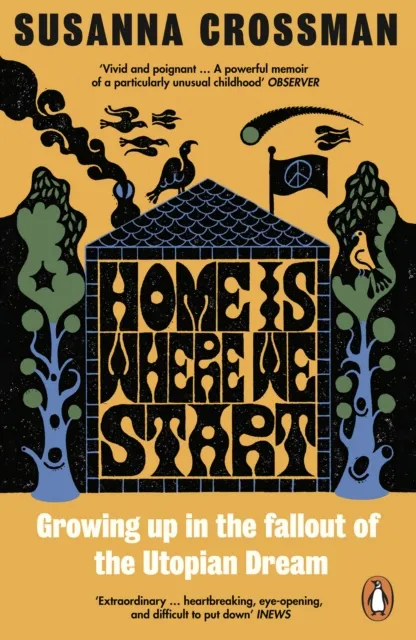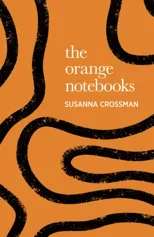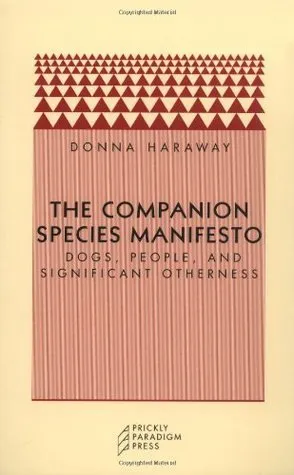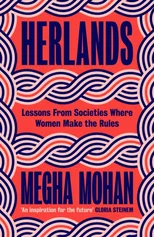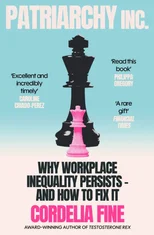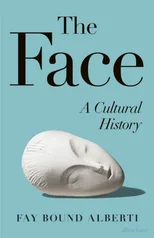Home Is Where We Start
Growing Up in the Fallout of the Utopian Dream
(Autor) Susanna Crossman'Vivid and poignant ... A powerful memoir of a particularly unusual childhood' Observer In the turbulent late seventies, six-year-old Susanna Crossman moved with her mother and siblings from a suburban terrace to a crumbling mansion deep in the English countryside. They would share their new home with over fifty other residents from all over the world, armed with worn paperbacks on ecology, Marx and radical feminism, drawn together by utopian dreams of remaking the world. They did not leave for fifteen years. While the Adults adopted new names and liberated themselves from domestic roles, the Kids ran free. In the community, nobody was too young to discuss nuclear war and children learned not to expect wiped noses or regular bedtimes. Instead, they made a home in a house with no locks or keys, never knowing when they opened doors whether they'd find violent political debates or couples writhing under sheets. Decades later, and armed with hindsight, Crossman asks what happens to children who are raised as the product of social experiments. Revisiting her past, she turns to leading thinkers in philosophy, sociology and anthropology to examine the society she grew up in, and the many meanings of family and home. 'Ambitious, compelling ... The diarist's sense of urgency and the child's creative use of language have stayed with her, often producing vivid prose' Financial Times
Susanna Crossman
Susanna Crossman is a French-British writer known for her innovative and experimental approach to storytelling. Her works often explore themes of identity, memory, and the complexities of human relationships. Crossman's writing style is characterized by its lyrical prose and vivid imagery, drawing readers into richly textured worlds.
One of Crossman's most notable works is her debut novel "Dark Island," which was praised for its haunting exploration of trauma and resilience. The novel showcases Crossman's talent for crafting intricate narratives that blur the lines between reality and fiction.
Crossman's contributions to literature lie in her ability to push the boundaries of traditional storytelling, challenging readers to think deeply about the intricacies of the human experience. Her work has had a significant impact on the literary genre, inspiring other writers to experiment with form and structure in their own writing.
